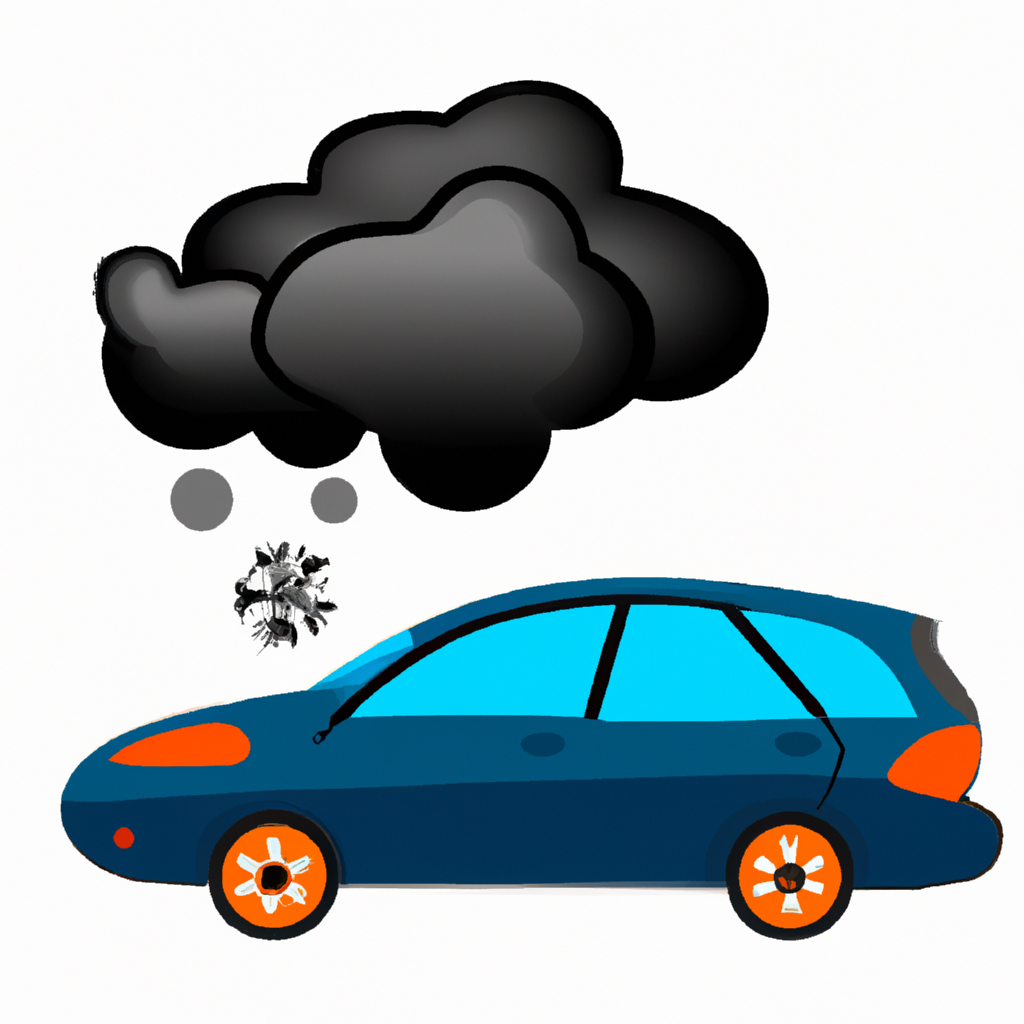Winter tires are a great investment for drivers who live in areas with harsh winter conditions. They provide better traction and handling on snow and ice compared to all-season or summer tires. However, some drivers may wonder if they can run winter tires without a tire pressure monitoring system (TPMS).
TPMS is a system that monitors the air pressure in your tires and alerts you if the pressure is too low. It is a safety feature that helps prevent accidents and flat tires caused by under-inflated tires. In many countries, TPMS is mandatory on all vehicles, but there are still some vehicles on the road that do not have this system.
While it is legal to run winter tires without a TPMS system, it is not recommended. TPMS provides important information about your tire pressure, which can help you maintain optimal tire perf ormance and safety. Here are a few reasons why it is important to have a functioning TPMS system:
ormance and safety. Here are a few reasons why it is important to have a functioning TPMS system:
1. Safety: Under-inflated tires can cause a variety of safety issues, including reduced traction, increased braking distance, poor handling, and increased risk of a blowout. TPMS alerts you when your tire pressure is low, allowing you to take immediate action to address the issue and prevent potential accidents.
2. Tire lifespan: Proper tire pressure is essential for even wear and longevity of your tires. Under-inflated tires can cause premature tire wear, leading to a shorter lifespan and the need for more frequent replacements. TPMS helps you maintain the recommended tire pressure, extending the life of your winter tires.
3. Fuel efficie ncy: Under-inflated tires can increase rolling resistance, which means your vehicle has to work harder to move forward. This extra effort can result in decreased fuel efficiency and increased fuel consumption. TPMS helps you keep your tire pressure at the recommended level, optimizing your fuel efficiency and saving you money at the pump.
ncy: Under-inflated tires can increase rolling resistance, which means your vehicle has to work harder to move forward. This extra effort can result in decreased fuel efficiency and increased fuel consumption. TPMS helps you keep your tire pressure at the recommended level, optimizing your fuel efficiency and saving you money at the pump.
4. Handling and performance: Properly inflated tires provide optimal traction and handling, especially on snow and ice. Winter tires already offer better grip in winter conditions, but maintaining the correct tire pressure is crucial for their optimal performance. TPMS ensures that your tires are inflated to the proper pressure, allowing you to get the most out of your winter tires.
It is worth noting  that some vehicles without a TPMS system may have a traditional tire pressure gauge or a visual tire pressure monitor that tells you when your tire pressure is low. These alternatives can be used to manually check your tire pressure, but they do not provide the convenience and real-time information that a TPMS system offers.
that some vehicles without a TPMS system may have a traditional tire pressure gauge or a visual tire pressure monitor that tells you when your tire pressure is low. These alternatives can be used to manually check your tire pressure, but they do not provide the convenience and real-time information that a TPMS system offers.
If your vehicle does not have a TPMS system, it is recommended to have a tire pressure gauge and check your tire pressure regularly, especially during the winter months. It is best to consult your vehicle’s owner’s manual for the recommended tire pressure and check your tires at least once a month or before long trips.
In conclusion, while it is legal to run winter tires without a TPMS system, it is not recommended. TPMS plays a crucial role in maintaining optimal tire performance, safety, and fuel efficiency. If your vehicle does not have a TPMS system, it is important to manually check your tire pressure regularly to ensure your winter tires are properly inflated.


